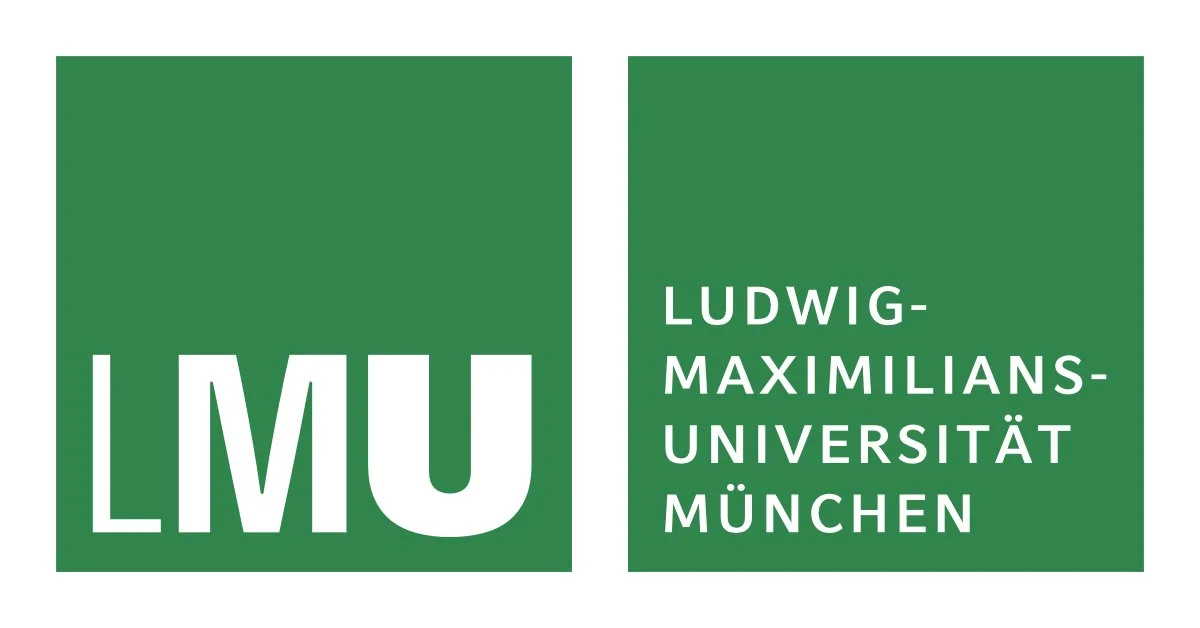
Partners and policymakers
How we work
Our consistent approach to training and media literacy modules allows us to measure our work and contribute our findings from school children, teachers and journalists in a meaningful way.
We gather anonymised and GDPR-compliant feedback to contribute up-to-date insights into current policy debates on awareness of and resilience to disinformation and the effectiveness of measures taken to counter disinformation, including media literacy training.
Our Data
Lie Detectors has developed its most recent questionnaires with the kind guidance of media sociologist Divina Frau-Meigs (La Sorbonne), cognitive psychologist Stephan Lewandowsky (University of Bristol), the University of Munich and the University of Muenster.
Analysis of our data results in the publication of data briefings on trends in information media usage by young people and their teachers. We are able to use these briefings and other insights gathered from visiting thousands of schools across Europe to inform policy discussions via advisory roles in education policy and data rights.
Key policy recommendations
Here is a summary of our key policy recommendations:
Cross-curricular priority: Integrate media literacy training into all school and teacher-training curricula; OECD/PISA should assess critical media literacy as core literacy.
Sustainability in education: Ensure measurability of media literacy work to guarantee impact and secure long-term policy focus.
Sustainability and credibility through funding: Devise long-term funding to ensure the independence of teacher-training, media literacy teaching and journalism.
Smart focus on digital rights: Beware the risks and limitations of content moderation and content removal.
Combat the financial drivers of disinformation: Take action against the algorithms of online platforms that create polarisation and the use of behavioural data.
Testimonials
Research work guided by
Get In Touch
Contact us to find out more








